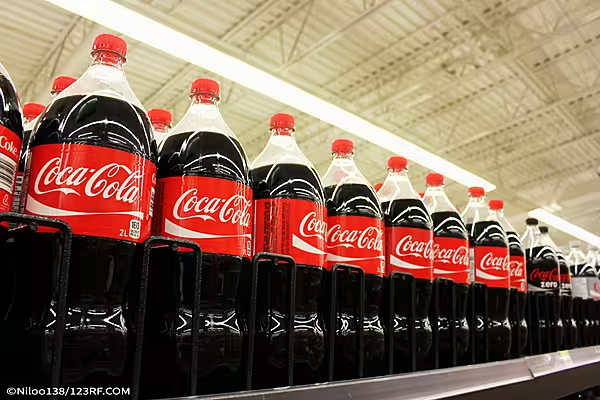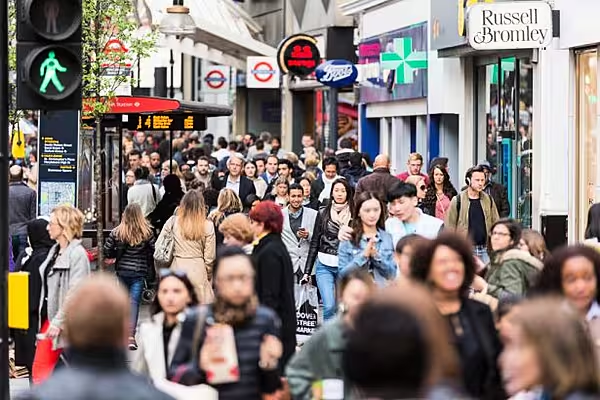One in four (25%) 18- to 24-year-olds and one in three (27%) 25- to 34-year-olds in the UK have bought products advertised during sporting events because of a positive association therewith, a new study has found.
The study, conducted by Clear Channel UK, unveiled that 18- to 24-year-olds have the propensity to purchase an FMCG product on the same day after seeing it advertised during a sporting event (15%), compared with exposure to the same product through regular advertising (12%).
Almost half (49%) of those surveyed said that they notice advertising more during sporting events.
Close to a third (32%) of 18- to 24-year-olds believe that their perception of a brand improves after seeing it advertised during a major sporting event. The same holds true for 28% of those in the 25-34 age group.
Other Findings
The study also revealed that 18- to 24-year-olds have the tendency to purchase an FMCG product on the same day after seeing it advertised during a sporting event (15%).
For the same product advertised through other channels, the propensity to buy remains at 12%.
Brand trust (25%), brand recognition (20%), a positive association with events (15%), emotional appeal (13%) and brand prestige (13%) were named the key drivers for purchasing a product that people saw advertised at a sporting event, the study noted.
Moreover, one in four (25%) respondents cites ‘brand trust’ as a key driver for purchasing a product advertised at a sports event.
The study also revealed that men (18%) are more likely than women (11%) to buy a product that they saw at a sporting event because of a positive association therewith.
Ben Hope, marketing director at Clear Channel UK, stated, “Our study has shown that sporting events are an effective way for brands to reach and influence their audience, in particular Gen Z, who are fast becoming a major force in the consumer market.
“While their attention span is known to be the lowest, the data from our study shows that, surprisingly, they are more receptive to advertising than older generations during sporting events. We hope that our research will help brands to better understand consumer behaviour and how they can leverage the power of contextual outdoor advertising as an effective solution to engage them.”
The study included 2,000 respondents and was conducted via OnePoll.














